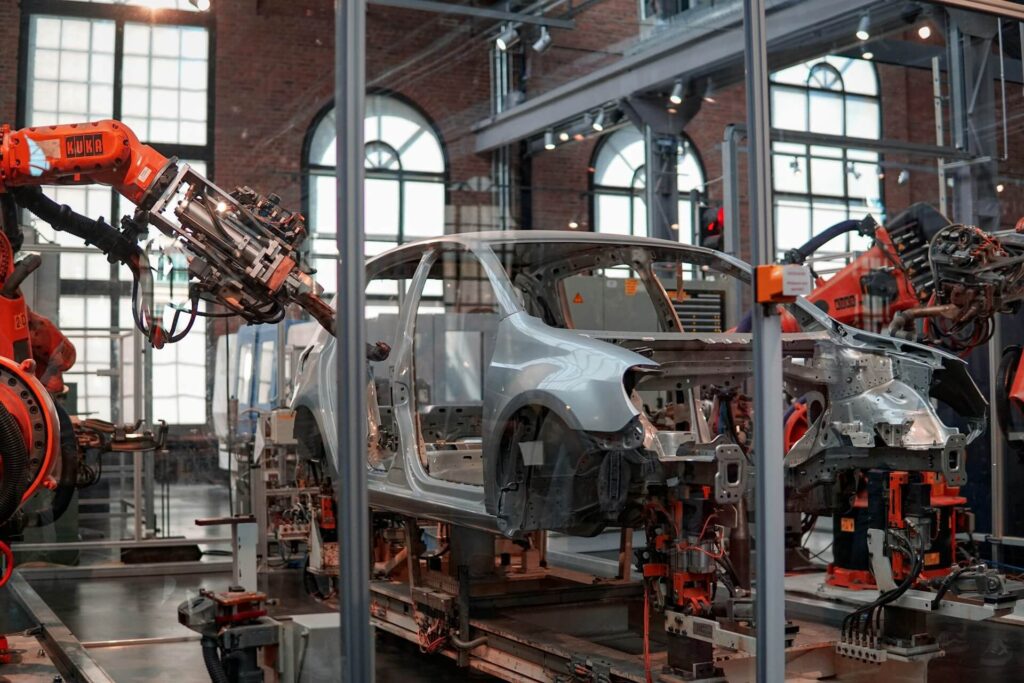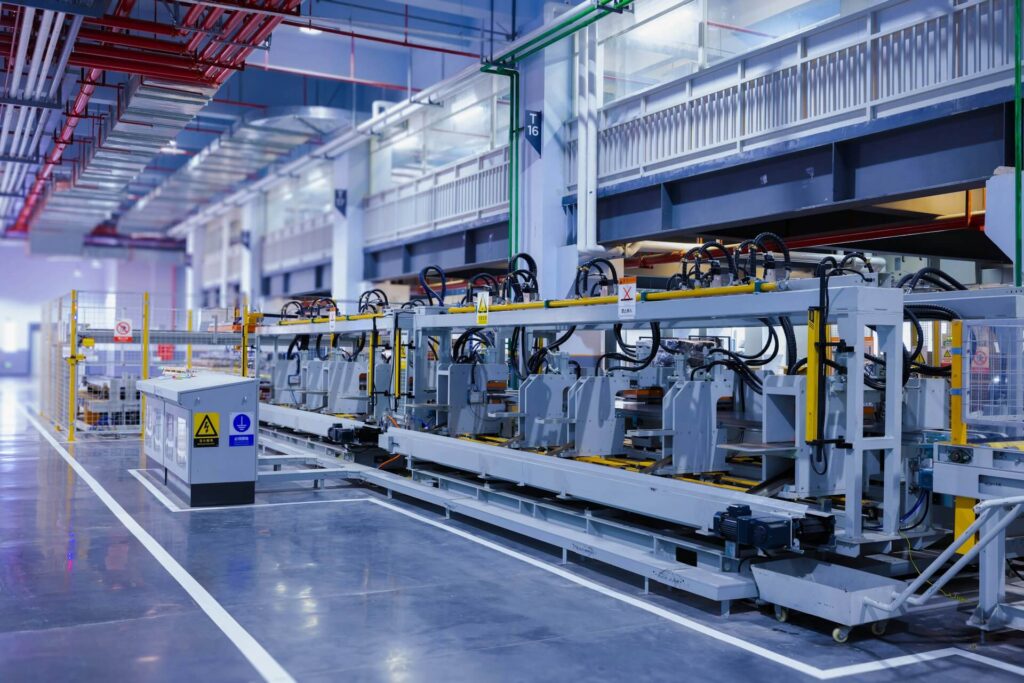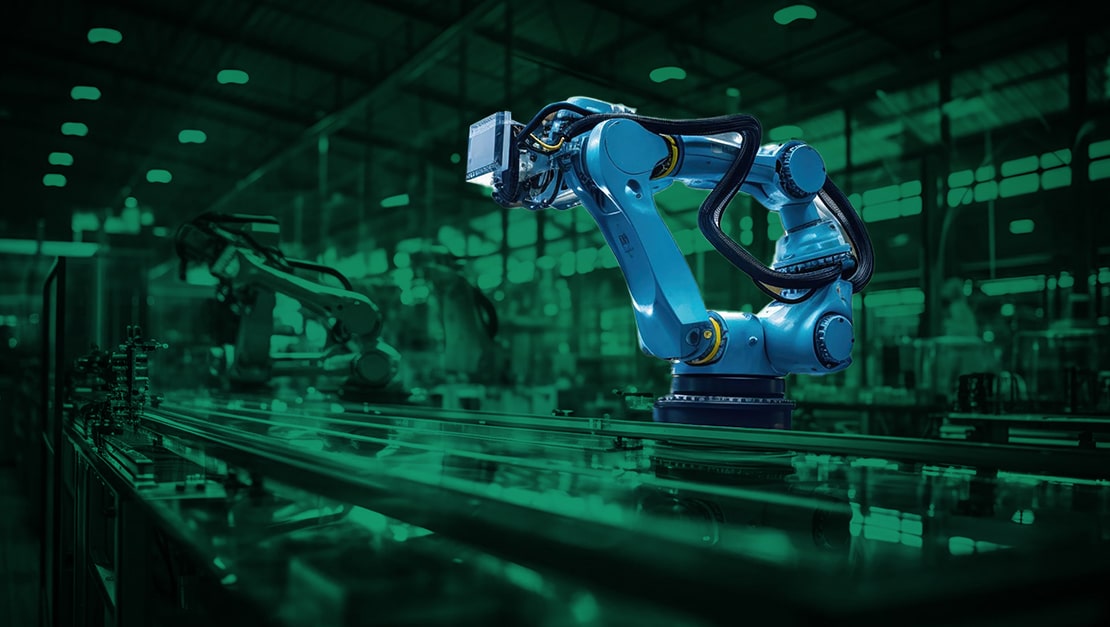These days, when most people think of AI, they think of generative technologies that produce text or images. However, AI has much wider applications than that and is currently being used in multiple industries, including manufacturing, to simplify and enhance workflows.
AI has redefined traditional production lines and supply chains with advanced technologies like machine learning (ML), robotics, data analytics, and more. As manufacturers strive to remain competitive and improve quality while keeping costs down, leveraging AI is becoming more and more critical.
This blog post looks at 7 real-world AI in manufacturing examples to help you better understand how it’s used and what effect it has. We’ll also take a closer look at speech AI such as aiOla and examine how it’s being used in manufacturing to improve safety and efficiency.
1. Predictive Maintenance

AI is used for predictive maintenance purposes, which helps manufacturing teams forecast equipment failures before they happen. AI-powered predictive maintenance relies on sensors to monitor machinery conditions in real time. This data gets analyzed and is used to predict when a machine is likely to fail so that the relevant parties are notified ahead of time. This helps manufacturers avoid unexpected downtime and reduce maintenance costs.
In the automotive industry, companies have implemented AI predictive maintenance systems to monitor vehicle assembly lines. Since adopting this technology, car manufacturer BMW has been able to avoid 500 minutes of assembly disruption each year.
2. Quality Control and Detect Detection
In manufacturing, detecting defects and improving quality control systems is a top priority. Cutting-edge AI technologies can enrich defect detection by analyzing images of products to identify imperfections with better accuracy. This is done with computer vision technology, which can process large volumes of data in an instant. In the field of semiconductor manufacturing, AI is used to inspect wafers for defects that could negatively impact performance.
The production of semiconductors is being increased to meet the growing demand, but challenges in quality assurance mean up to 20% of wafers can be lost due to flaws. By automating this process with AI, semiconductor manufacturers can achieve higher yields, reduce wasted resources, increase quality standards, and meet the tech industry’s growing demands.
3. Supply Chain Optimization
When it comes to supply chain management, companies face multiple challenges related to inventory imbalances, whether it’s overstock or stockouts. AI algorithms can optimize supply chain inventory levels by predicting demand based on market trends and historical data. These algorithms forecast future needs with a high level of accuracy, helping companies avoid costly inventory issues.
In the consumer electronics field, manufacturers are turning to AI to adjust production schedules and inventory levels. Electronics manufacturer, Lenovo, created Supply Chain Intelligence (SCI), an AI-powered system that analyzes supply chain data in real-time. This SCI system has helped Lenovo improve its supply chain visibility and generate forecasts based on constantly fresh data, resulting in a 4.8% revenue increase, a 20% reduction in manufacturing and logistics costs, and a boost in service levels and delivery performance.
4. Autonomous Robotics

Robotics in a manufacturing line help teams automate repetitive tasks, which improves both productivity and employee safety. When compared to traditional manufacturing, AI-powered autonomous robots can enhance assembly lines by performing high-level tasks with high speed and precision.
The aerospace industry is one field that will be impacted by AI-led autonomous robotics in the manufacturing line. This marks a significant advancement in the capabilities of AI robotics since the aerospace industry is typically very conservative in maintaining stringent safety standards. Today, aerospace companies like Lockheed Martin use AI robotics technology in manufacturing practices to improve consistency, quality, and to reduce wasted resources.
5. Process Optimization
AI is taking existing manufacturing processes and optimizing them with new technologies that make workflows more efficient. AI-based algorithms are used to analyze production data and identify bottlenecks so that teams can implement meaningful changes to improve specific processes.
In the pharmaceutical industry, manufacturers are turning to AI to optimize drug production, which is helping companies maintain a high quality standard and reduce waste. A study by PwC shows that AI can boost efficiency in pharmaceutical production operations by 36% through increasing speed and quality measures. According to the study, Pharma companies can boost revenues by almost double by enhancing operations with AI.
6. Human-Robot Collaboration
Cobots, or collaborative robots, have come about thanks to the increased demand for human-robot interaction. These robots work side-by-side with employees, helping improve productivity and safety. Cobots can perform tasks that require precision, strength, and accuracy, allowing workers to handle more complex decision-making or creative tasks.
In the food and beverage industry, cobots can help when it comes to packaging and quality control. Today, companies are implementing cobots to work alongside other packing and manufacturing technologies to achieve stronger results and higher production. For example, a Danish ice cream producer, Ice Bakers, implemented a cobot to help with product packaging and has been able to increase the overall line capacity by 80% while minimizing resources and human involvement.
7. Safety Monitoring and Hazard Prevention
Finally, one of the key ways manufacturers are using AI is to improve safety. AI systems can be put in place to monitor real-time data from sensors to identify potential risks and hazards. This can help alert relevant parties so quick action can be taken to reduce accidents. Additionally, by taking a load of employees for more physical tasks, AI can help prevent common injuries.
Another way AI can help improve safety is with computer vision cameras. Companies utilize AI and cameras to identify hazards such as safety gear compliance, incorrect lifting techniques, or failure to adhere to safety zones around machinery. These cameras can alert supervisors in real time so that accidents are prevented.
Enhancing AI Capabilities in Manufacturing with aiOla
Just by looking at the above AI in manufacturing examples, it’s clear to see how AI can truly have an impact on various manufacturing applications. However, choosing the right systems for your company can influence the impact AI has on your work. Several AI technologies, like algorithm-based systems, sensors, and others may be trickier to integrate into your existing systems, leading to a longer onboarding time. Speech AI such as aiOla has a low learning curve and integrates easily with existing technologies.
aiOla is a speech AI technology that helps teams gather otherwise lost data through speech, automate manual tasks, and trigger actions for more efficient workflows. aiOla can understand over 100 languages including different accents, dialects, and industry jargon, and can operate with a high level of accuracy in any acoustic environment, making it perfect for noisy manufacturing floors.
With aiOla, teams have been able to boost productivity while working more safely. A Fortune 200 company in the food and beverage industry saw a reduction of 4 safety incidents per shift after implementing aiOla and was able to optimize packing processes like pallets per hour by 25%.
Increasing Manufacturing Efficiency With AI
From improving quality to preventing hazards, injuries, or costly repairs, AI is modernizing traditional manufacturing practices with deeper insights, more reliable data, and stronger capabilities. By implementing cutting-edge technologies like aiOla and the systems mentioned in the AI in manufacturing examples above, manufacturing companies can improve productivity within dramatically scaling resources, allowing them to grow while remaining relevant in an increasingly competitive market.
Book a call with an expert today to see how aiOla can affect your manufacturing processes.








